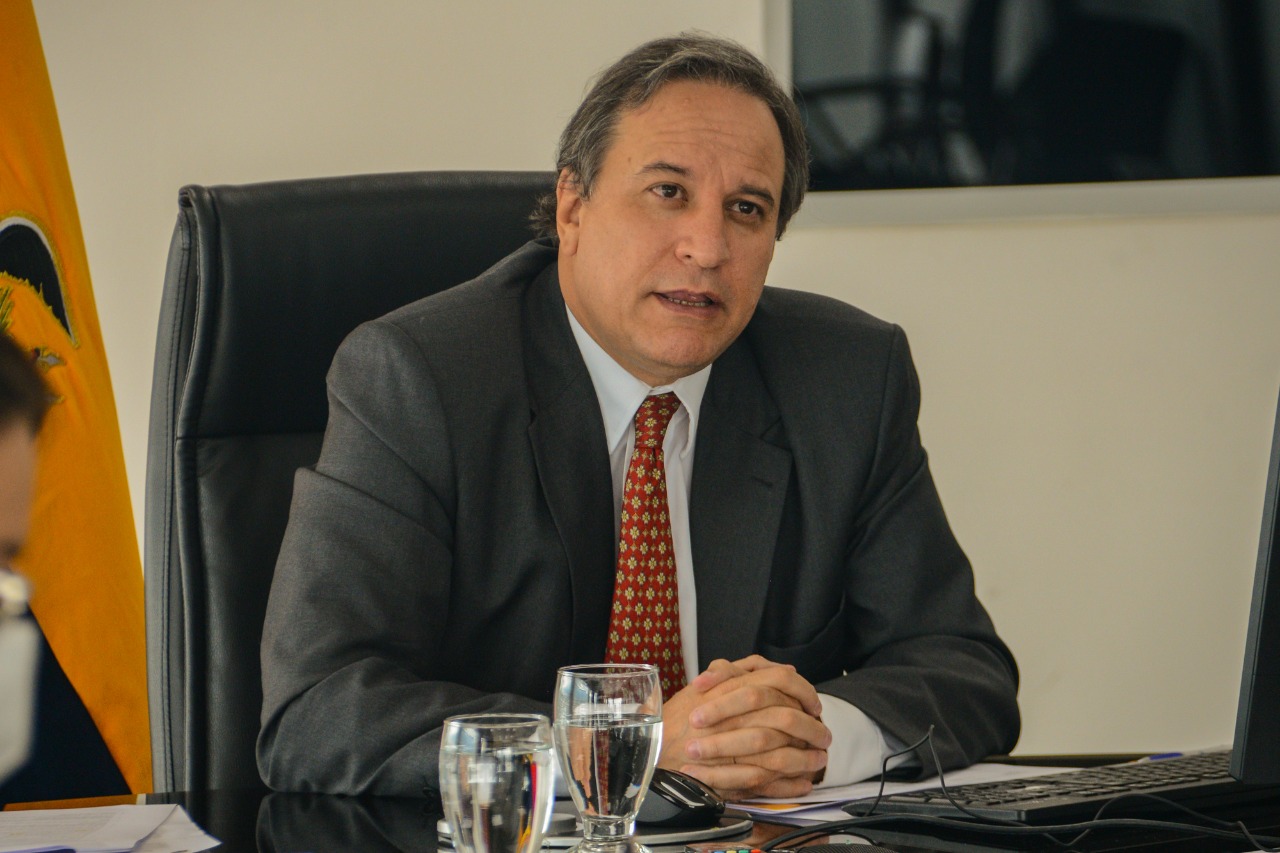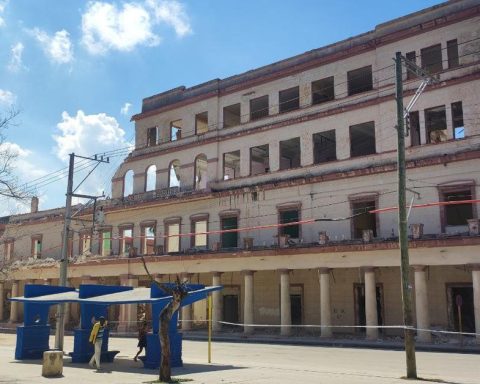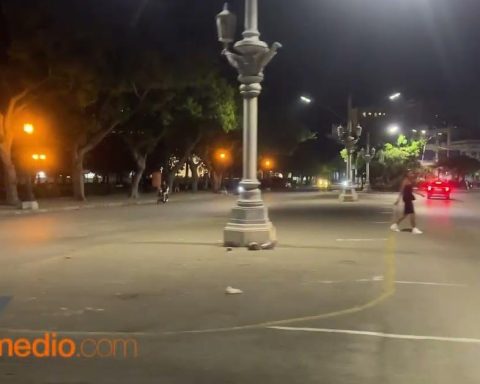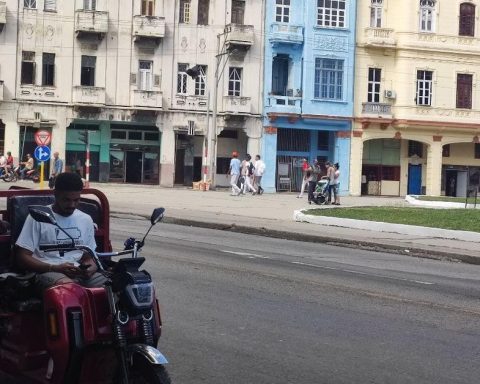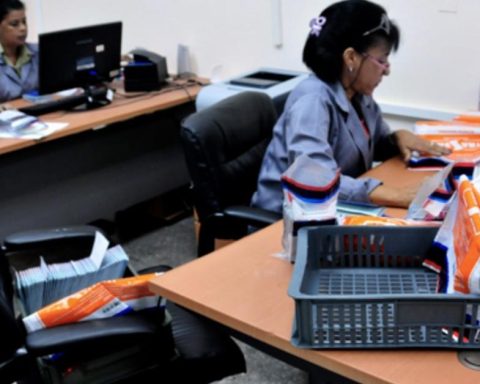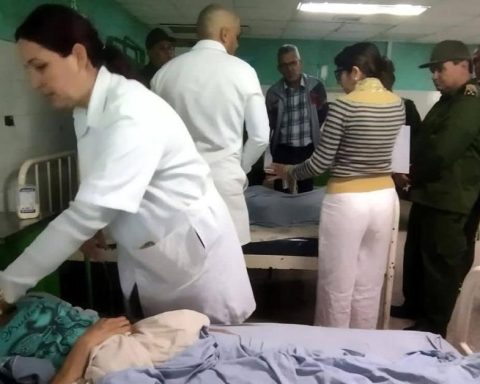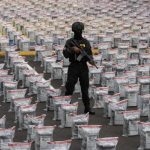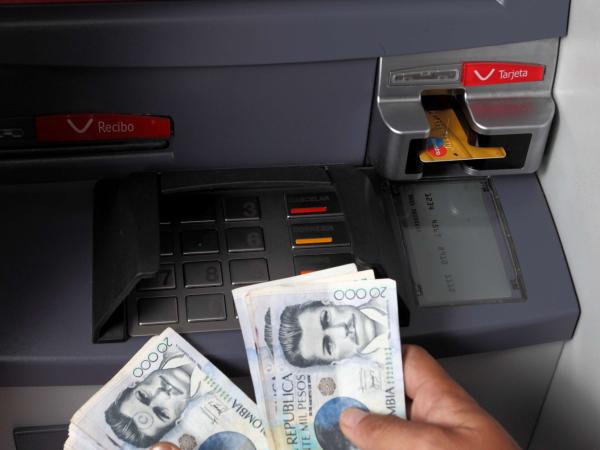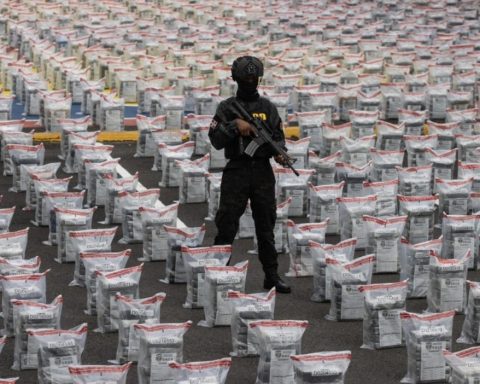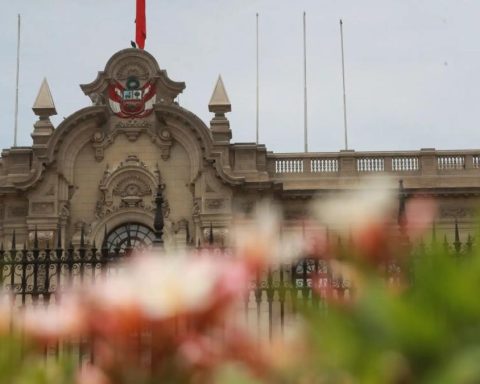The authorities say they are committed to lower spending, but the state budget for 2022 increased by 4%. The big cuts would come from next year.
One of the main criticisms leveled at the increase in Income tax of natural persons is that, as a counterpart, you don’t see a real effort of the government for reducing “the obese public sector and its inefficient bureaucracy.”
Thus, for example, María Luisa Carrera, a lawyer and teacher, commented that she would have no problem paying more to the treasury if most of the means they will not be wasted or squandered to maintain a state structure that does not even provide good services.
For 2022, the budget presented by the Guillermo Lasso administration establishes an increase of almost 4% in expenses totals, compared to 2021. Specifically, it is projected to spend $27,898 million throughout the year, or about $77.49 million per day.
High pending payments
The Minister of Economy, Simón Cueva, assured that this major spending is given due to higher social transfers to local governments, and interest payments and debt repayments.
However, Verónica Rodríguez, an economist, says that there are no substantial changes with respect to the budget management of the previous government.
“Many words such as efficiency and priorities have been repeated, but public investment (works and maintenance) continues to be punished; while the main problems do not have solution strategies”, he said.
Serious tuning will start in 2023
José Gabriel Castillo, Deputy Minister of Economy, assured that the adjustment at public spending yes, it is a priority, but it could not be done right off the bat without first understanding the functionality of each sector.
From 2023, and once the recovery from the pandemic crisis is expected to consolidate, the Government plans to direct all its efforts to reduce state expenditures at around $3 billion, or 3% of the Gross Domestic Product (GDP).
In the first place, Castillo pointed out that progress will be made gradually in targeting the fuel subsidy. This means that the price freeze, decreed at the end of 2021, will only be maintained until there is a definitive solution to compensate the poorest sectors and transportation.
“The discussion of whether the subsidy is good or bad has to be overcome because clearly the structure that is maintained is inefficient and counterproductive with policies related to the environment. It is also tremendously inequitable,” he said.
The medium-term horizon is of fully free fuel prices and imports.
Staff reduction
Second, it will also work on reduce the wage mass “in a gradual and coordinated manner”. The focus will be to eliminate duplication in functions and institutions, in addition to new hires with lower salaries.
In the third and fourth place, from 2021 to 2022, financial audits to all public banks, state companies and local governments. This is expected to correct the waste and waste.
Within public banking, audits are also carried out to finalize the merger between the National Financial Corporation (CFN) and Banecuador.
Combat inefficiency in public purchases
Four of the actions to reduce unproductive spending are related to reforms and improvements in the system of public purchases. In that system, through fraudulent processes, at least $1.5 billion is lost each year.
One of the main problems is that behind modalities such as the so-called reverse auction, practices such as the fact that the same supplier can participate through eight companies are concealed.
To deal with this, Castillo stressed that they are working with the National Public Procurement System (Sercop) to improve the registry of final beneficiary information. The objective is to provide early warning of risks related to corruption and money laundering.
Irregular purchases in pandemic
On the other hand, it has been decided to audit the 100 contracts larger, in response to the Comptroller’s examinations on irregularities within the processes due to the COVID-19 emergency.
As a first result of these efforts, on January 13, 2022, Sercop delivered 14 complaints to the Prosecutor’s Office about six crimes found in public purchases: forgery of documents, influence peddling, attack on the integrity of computer systems, bribery, fraud and embezzlement.
LA HORA asked for more details about these complaints and reforms that are sought to be implemented to reduce losses. However, until the closing of this edition, no response was received from Sercop.
Improve public procurement
Vice Minister Castillo pointed out that the public procurement it needs better technological systems, and apparently simple aspects such as interconnection with other bases and systems within the same State.
In addition, changes must also be made to reduce the increasing number of processes that are declared void; or that are carried out with a single bidder (40% of the total), despite the fact that they are classified as supposedly competitive. (JS)
New taxes and contributions do not solve the fiscal problem
According to José Gabriel Castillo, Vice Minister of Economy, the tax reform does not solve the problems of the State.
“It is a moderate reform, but it contributes structurally to modifying the fiscal deficits that have been maintained for years,” he said.
In other words, the gap between income and expenses will not be covered with what is collected with the increase in income tax and the creation of temporary contributions on equity.
In 2022, for income tax of natural persons there will be revenues of $72 million; while the contributions will give around $728 million. However, the projected fiscal deficit will be almost $3 billion.
In 2023, the additional collection will be $1,129 million (rent and contributions); and starting in 2024, without the temporary wealth tax, the treasury will receive $662 million every year.
